Pointed Observations About Sharp Objects Episode 3
This is among the most difficult-to-watch episodes of television I've ever seen.
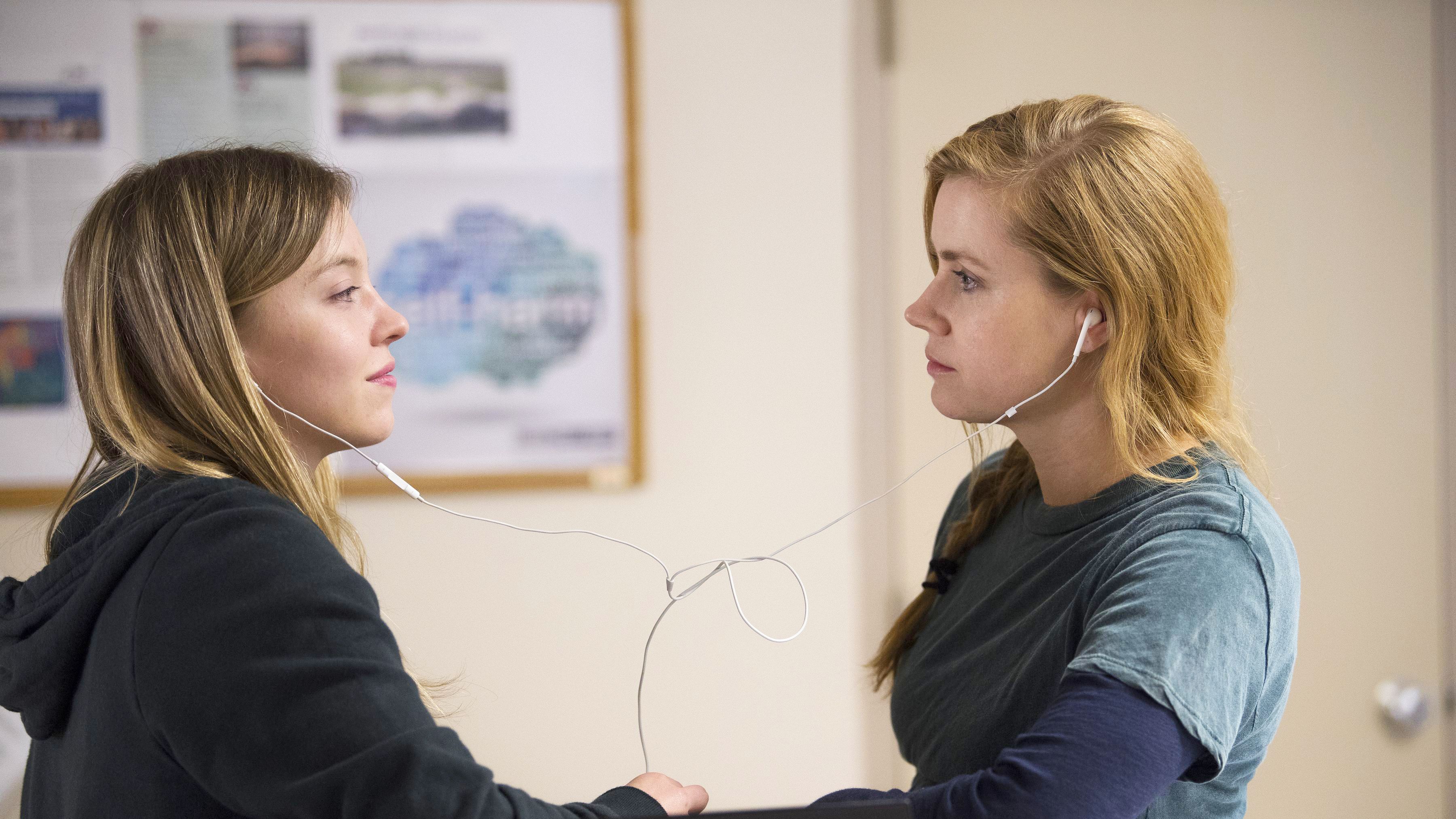
This is a recap for the third episode of Sharp Objects,which means there are SPOILERS ahead. If you haven’t seen the episode and don’t want to know what happened, come back once when you’ve seen it. You've been warned. A recap of last week's episode can be found here.
Even in the first episode, it was clear that Camille’s issues went deeper than just her sister’s death—that something more recent and uglier had occurred and her drinking was an attempt to outrun it. And this episode, titled “Fix,” showed us exactly what that was. It also established that Sharp Objects is a show that’s willing to show, explicitly, the darkest parts of addiction and self-harm. For a show that deals with the murder of young girls, this episode was the hardest to watch thus far—at times gory, cringey, and even a little sickening.
It starts when Amma comes home wasted from a party and crashes the lawnmower into her mom’s flower bed. Camille finds her and puts her to bed, where they have a weird interaction. “Why are you bein’ sweet to me?” Amma asks.
“Why shouldn’t I be?”
“Because I’m not nice,” Amma responds. It’s hard to tell if Camille is taking care of her sister out of genuine care, or out of some kind of obligation to protect Amma from Adora’s wrath. Maybe she’s even trying to protect herself, since Adora might find a way for Amma’s wastedness to be Camille’s fault. Amma says she’s glad to have a sister finally, but then calls Camille out: “You love dead girls. Couldn’t stay away.” Camille demurs, but it’s clear that there’s some truth in this.
As they hug, Camille flashes back to a rehab facility she’s checked herself into. She’s bleeding. There’s a teenage girl listening to an iPod on her headphones below the nurse’s desk. It turns out her name is Alice, and she’s the girl we’ve been seeing in flashbacks. She’s also Camille’s standoffish new roommate in the facility. It’s hard to tell when this was, but Camille looks about the same age. Only a few minutes into the third episode, and it seems like we’re being shown the event that Camille was recovering from before she was sent back to Wind Gap on assignment. Which also means that this is the real trauma for Camille, more raw even than her sister’s death.
Then, we’re back in Wind Gap. Camille gets a call from her editor telling her that her last story wasn’t bad but her assignment isn’t done. “Don’t be afraid to get a little personal,” he tells her.
Get exclusive access to fashion and beauty trends, hot-off-the-press celebrity news, and more.
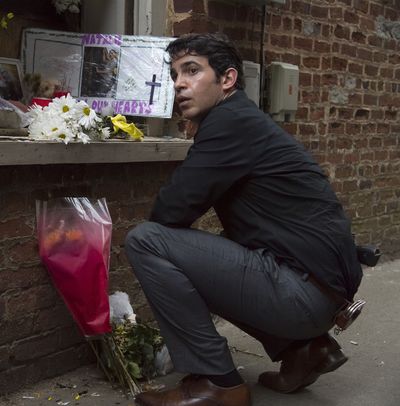
Meanwhile, Detective Richard Willis is sharing murder theories with Sheriff Vickery. Once again, we get a view of how Wind Gap treats outsiders, this time it’s the assumption that Richard is only there to improve his career, especially if the murders turn out to be the work of a serial killer. Though Vickery seems convinced the suspect might be a trucker, or one of the immigrant workers from one of the nearby factories, Richard has an inkling it was more personal: “Passion doesn’t always have to mean sex, sometimes it can scratch another kind of itch—power, control...Someone had a particular problem with those particular girls.”
We also meet Ashley Wheeler, John Keane’s prim and peppy girlfriend. She agrees to set up an interview between Camille and John. “It’d be good for him to talk to someone,” she says. “Everybody thinks he’s guilty just because he’s sensitive.” We also find out that John hasn’t been staying with his family (his mom, we learn, has been “self-medicating”), and has been living with Ashley since his sister’s death.
Another flashback to the rehab facility. Camille helps Alice apply lipstick, and they commiserate over wearing skirts. Alice is a cutter, too, and shows Camille her patchwork of leg scars—”Three inches above the knee, otherwise, you know…” Alice says she thought cutting was something you grew out of, but Camille says she was never good at the “whole adult thing.”
These two interactions represent the dichotomy that women in Wind Gap are trapped in
“The Peter Pan of cutting,” Alice jokes, darkly. It’s here where we also discover that the iPod and its soundtrack of ‘70s rock that Camille’s been playing since the first episode belonged to Alice, and that the two of them listened to it together at the facility, one earbud each.
After a couple fruitless interactions, first with Richard and then with Vickery, Camille checks in on Bob Nash, father of the first murdered girl, Anne. He’s riled up about being questioned by the police about his daughter’s death, and Camille brings up that he has a few DUIs and an assault on his record. “Do you still think that it’s a man that killed Anne?” Camille asks. “It was a man, I would put money on it,” says Nash. “Women around here, they don’t kill with their hands. They talk.” He tells Camille he thinks John Keane did it, which does seem to be the theory du jour among the other townsfolk.
Just then, Adora barges into Bob’s house and apologizes for Camille “interrogating” him. She shuts down the investigation, even when Bob protests, and storms out of the house. It turns out, Adora tutored Anne when she was alive. Which means, of course, that Adora wasn’t just posturing when she was emotional about the girls’ deaths, something Camille seemed to suspect.
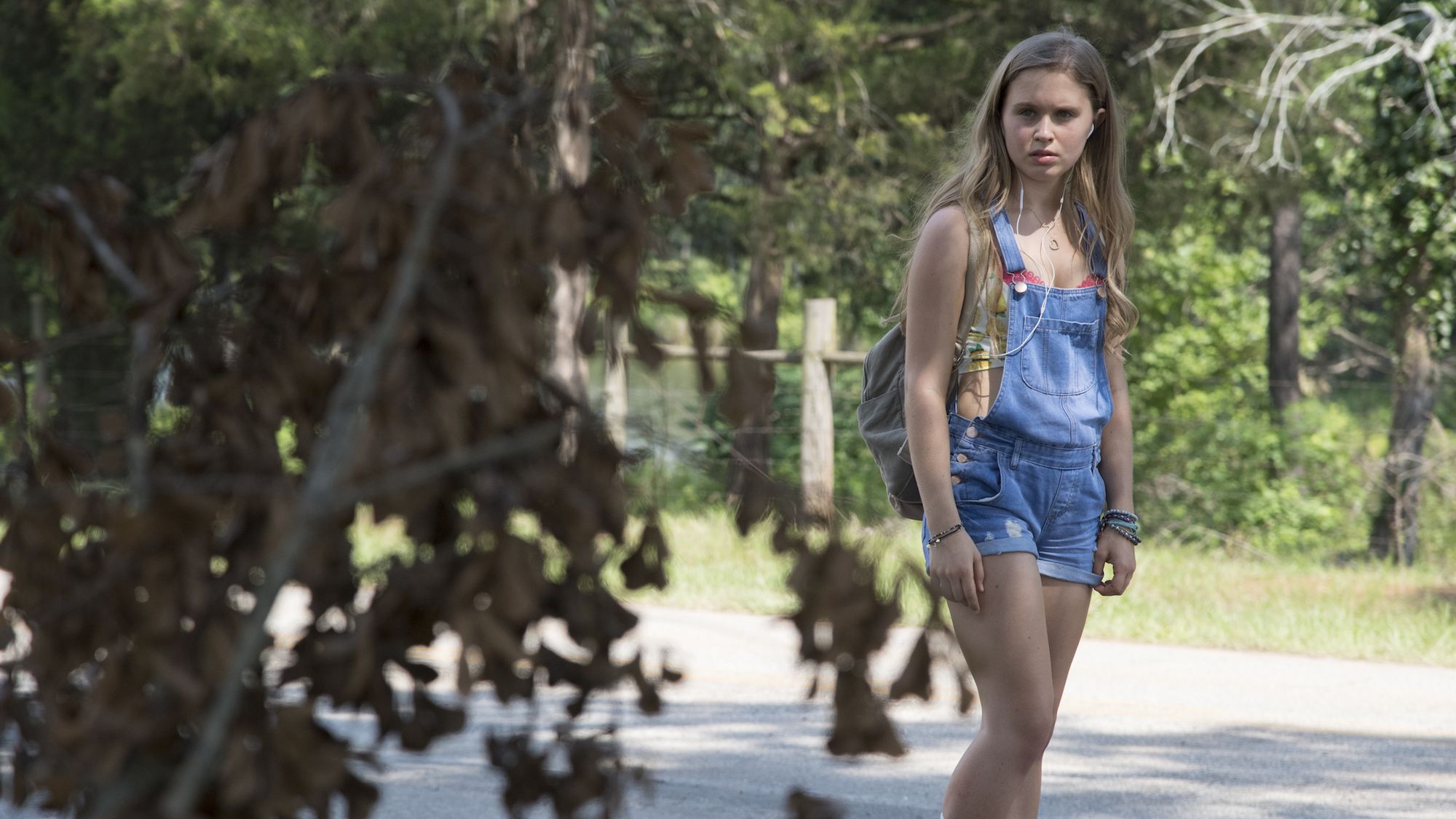
Camille takes to her car and has a little tantrum, but spots Amma roller skating down the street on her own. She drives after her at a distance to find out where she’s going and finds her at a big hog factory, devoid of workers. Spying through a window in one of the silos, Camille sees that there is one worker there, a man who seems much older than Amma, who lets her hold a piglet and then escorts her out a side door. Amma seems to spot Camille and smirks at her before closing the door.
Later, we see Adora scolding Amma for being caught out after curfew. Adora first notes the short dress Amma is wearing—the kind of outfit we see her in when she’s rolling around town with ehr friends, a far cry from the Lilly Pulitzer good-girl getups she wears at home—and it’s clear that Amma didn’t intend for her mother to see her dressed like that. “I was playing dress-up,” she lies. Then Adora scolds her for trying to be like her sister. “You need to understand that your sister doesn’t see herself in a good light, it is something that has caused her difficulty,” Adora explains. “You need to be careful with Camille. She is not someone to be admired. You are not safe around her.”
These two interactions represent the dichotomy that women in Wind Gap are trapped in. They’re either delicate little girls to be placed in a dollhouse, or your women old enough to make trouble who should be feared and pitied. Amma and her friends—and even the two murdered girls—are all at an age that falls somewhere in between. Does that mean we’re supposed to assume they have autonomy in their decisions, however “bad,” or that they’re being taken advantage of at every turn? The push and pull between when a girl is something to be protected and when she’s something to be wary of is all over Sharp Objects, and Amma is the great unknown at the center of it.
Camille goes to Ashley’s house to meet John. Ashley is, perplexingly, in a cheerleader outfit even though school is out. This is the first time we hear directly from Natalie’s brother, John, and he seems calmer and more composed than other people in town. We learn that John was “out driving around” the night of Natalie’s murder. “I’m not sure a grand jury is going to appreciate the romance of an open highway,” Camille deadpans. Ashley tries to lie for him, and John tells her not to try.
We also learn that the Keane family moved to Wind Gap from “the city.” They’ve only lived there for a few years, and it’s clear that John hasn’t taken the move well. “If we’d never come here, Natalie would still be alive,” he says through tears. “It’s this town. Someone here killed my little sister.”
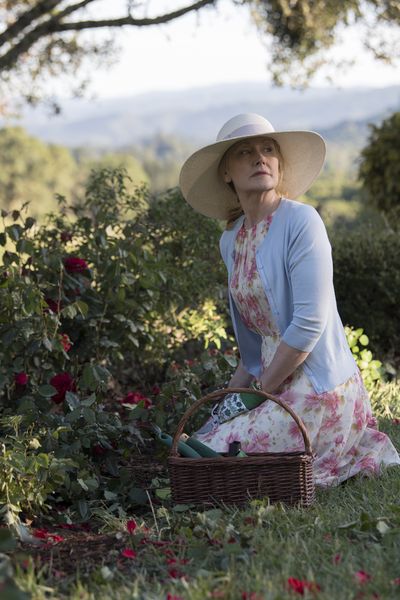
Camille returns home and approaches her mom, who’s fixing the roses that Amma ran over. She apologizes for not realizing how close Adora was to the Nash family. “You never mean to do anything,” she scolds Camille. “And yet you cause so much hurt—Bob, Amma.” She starts to get worked up and accidentally cuts herself on a rose. “Look what you’ve done,” she says, as though Camille has personally cut her hand. "Nothing is ever your fault," Adora says. Though Adora isn't an entirely horrible human, it's kind of understandable after interactions like this why Camille is the only person in Wind Gap willing to believe the murderer was a woman.
Another flashback to the rehab center. It’s parent visitation day—that’s why Alice and Camille were getting dressed up—but while Alice has a tearful chat with her mom, we see Adora through a hallway window, throwing flowers to the ground and storming out before even seeing Camille. You get the sense this might be the last time Camille laid eyes on her mom before her fateful return to Wind Gap. That night, both young women devastated for their own reasons, Camille gets the iPod from the nurse’s station and lays in bed with Alice, the two of them listening to music and laughing.
We also get a little bit more from Camille’s quietly pliant stepfather, Alan. As he’s patching up Adora’s hand, she asks him if he thinks Amma is safe with Camille in the house. “Why wouldn’t she be?” he responds. Adora thinks Camille sets a bad example. “She makes me feel as if I’ve done something wrong, as if I’m a bad mother,” she says. He tells her she’s done everything right, and offers to stay with her that night. “I’m sure that won’t be necessary,” she says. Poor Alan. He and his wife stay in separate rooms, even though he clearly wants to be closer. Adora is just as cold to him as she is to Camille, albeit less spiteful.
Amma sits on Camille’s bed as she writes. Amma speculates that John Keane is interested in her, not his girlfriend Ashley, and rebuffs Camille’s assertion that he’s too old for her. Camille makes Amma promise her that she won’t go out that night— “You’re the same age that Anne and Natalie were”—and that she’ll stay safe. Amma promises her, and then asks if Camille was as dangerous as Adora said. “I hung out in parking lots and I talked to boys,” Camille tells her. “Wild was different back then.”
She and Richard meet up at the bar and sparks fly. He won’t give her any new leads about the case, but they move to a parking lot to drink on the roof of his car and tries to get to the bottom of her personality. It’s a pretty normal date for what I think Camille is used to, and it would be a nice moment if Amma and her friends didn’t roll up and start taunting Richard and Camille for flirting. It’s a particularly mean side of Amma, and she’s clearly showing off in front of her friends, but it seems like Camille is starting to regret opening up to her at all.
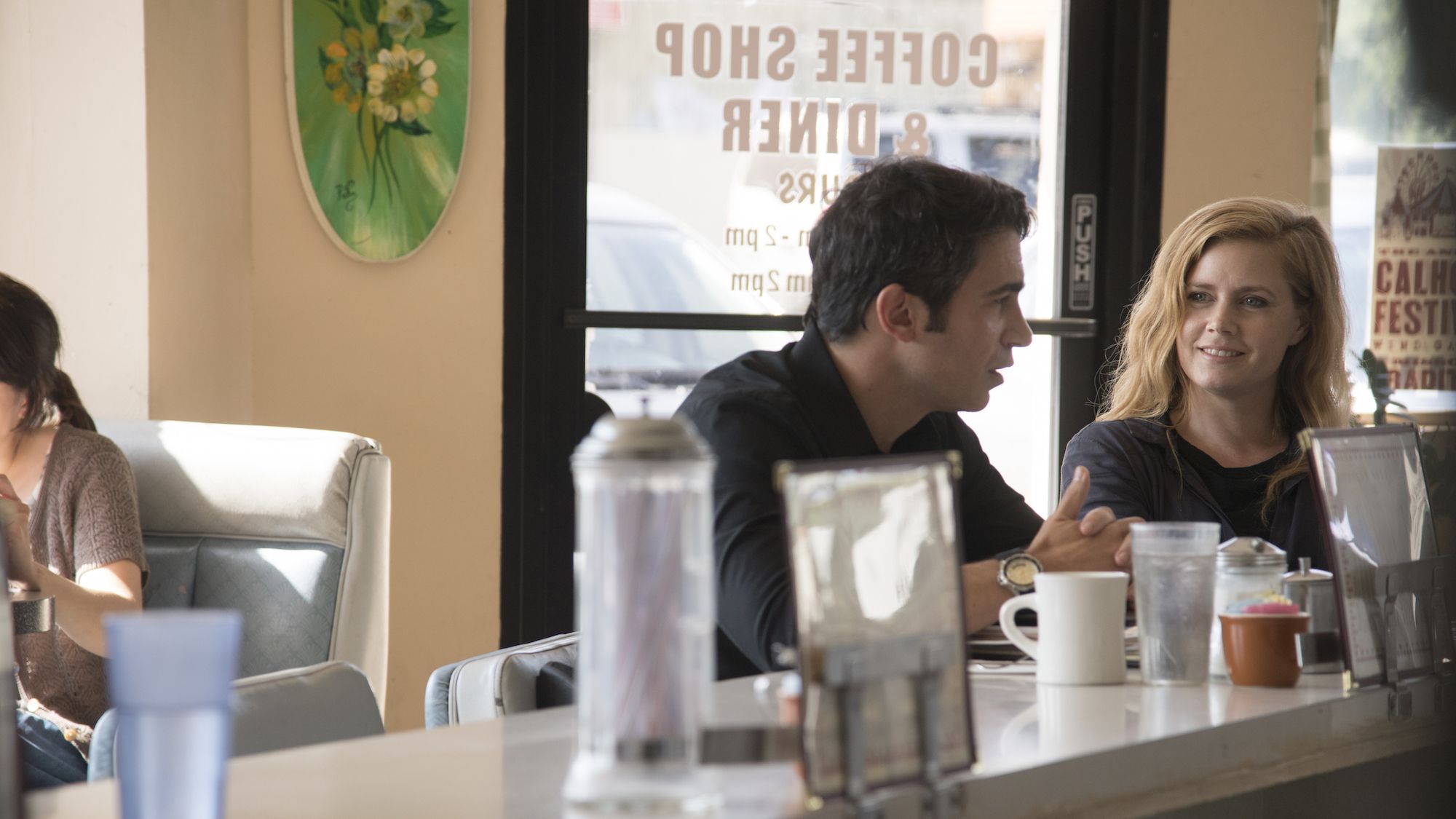
Driving home, slightly humiliated, there are faster-paced flashbacks of the rehab facility and her time in Wind Gap so far, where it’s as though Camille is comparing Alice—a younger sister figure—to Amma, her actual younger sister, but one who she knows less about with each interaaction. Camille is still driving, speeding now, and starting to cut herself, when the flashback shows her going back into her room at the facility and finding Alice on the floor, blood coming out of her mouth, clearly having just drank Draino and now dead. Camille runs to the bathroom, and slices a massive gash in her arm with a screw from the toilet before nurses run in and try to intervene.
Present-day Camille sees a girl suddenly materialize in front of her in the road and abruptly brakes the car. No one was really there. Suddenly, the images of the girl with blood coming out of her mouth we saw in previous episodes, the flashbacks to a toilet seat, the traumatic event that the show’s been alluding to—it all makes horrible, horrible sense. Camille throws the iPod out the window and drives away.
Final Thoughts
- That was one of the most traumatic episodes of the show yet, and we’re only three in. What fresh hell will await us next week?
- Amma is becoming more complicated—and way more compelling—each week. I can’t help but think the more we’re supposed to see her acting villainous, the less we’re supposed to actually consider her a problem. She’s what happens when a girl is smart in Wind Gap but is still too young to leave: She gets in trouble instead. But with a murderer on the loose, that could have some horrifying consequences.
- It’s hard to tell how clear-headed Camille is at any given time. She’s clearly prone to hallucinating, but she’s also great at talking to people—even when it comes to difficult subjects.
- I like the idea of Camille and Detective Willis. They’re two opposite sides of the same coin, she’s an insider who got out and has to remain as journalistically objective as she can, and he’s an outsider who has to figure out the nuances and relationships of this small town to do his job well. They could be good together.
- Is it weird I’m kind of dreading next week’s episode? That was rough viewing.
RELATED STORIES
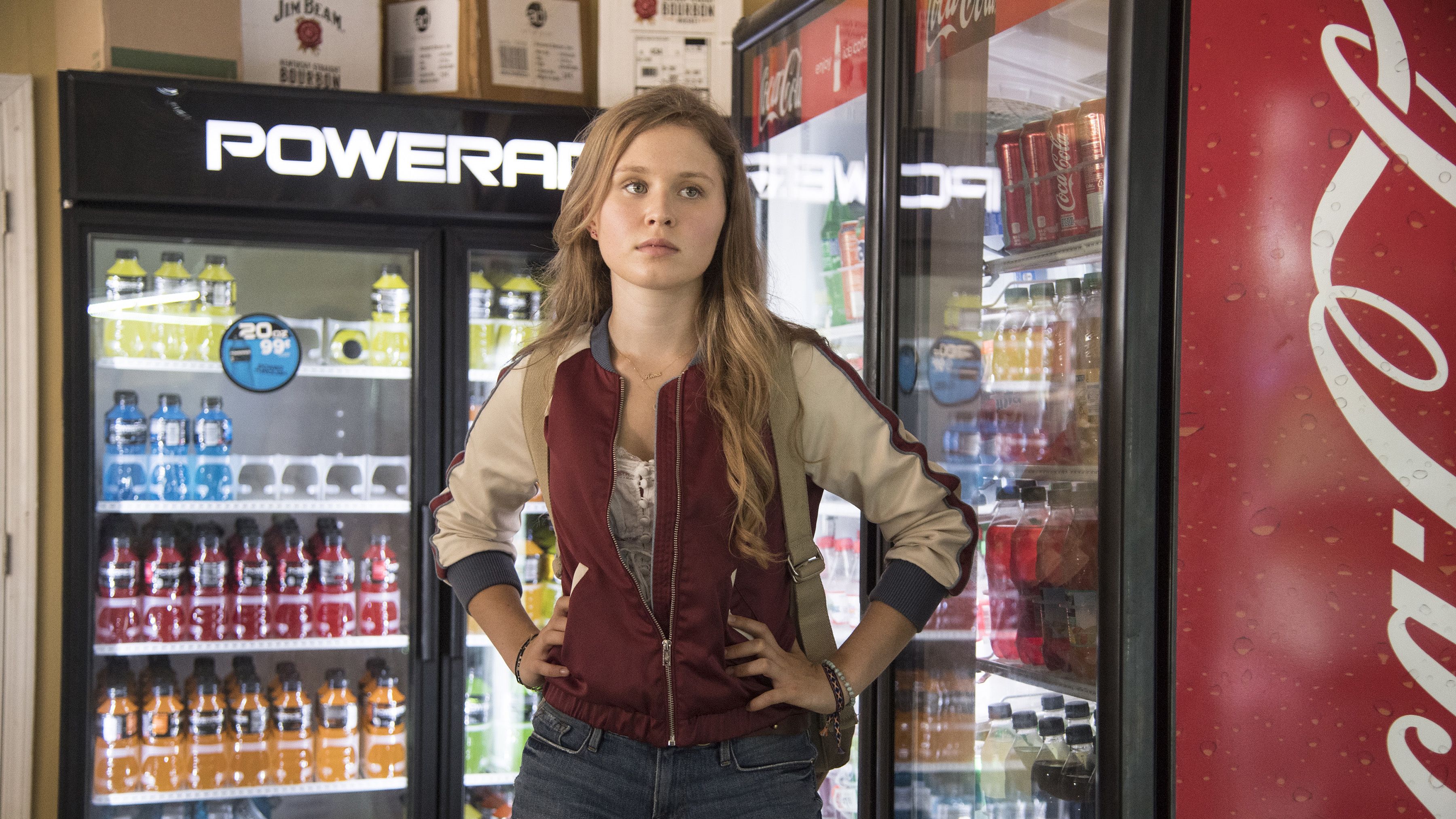
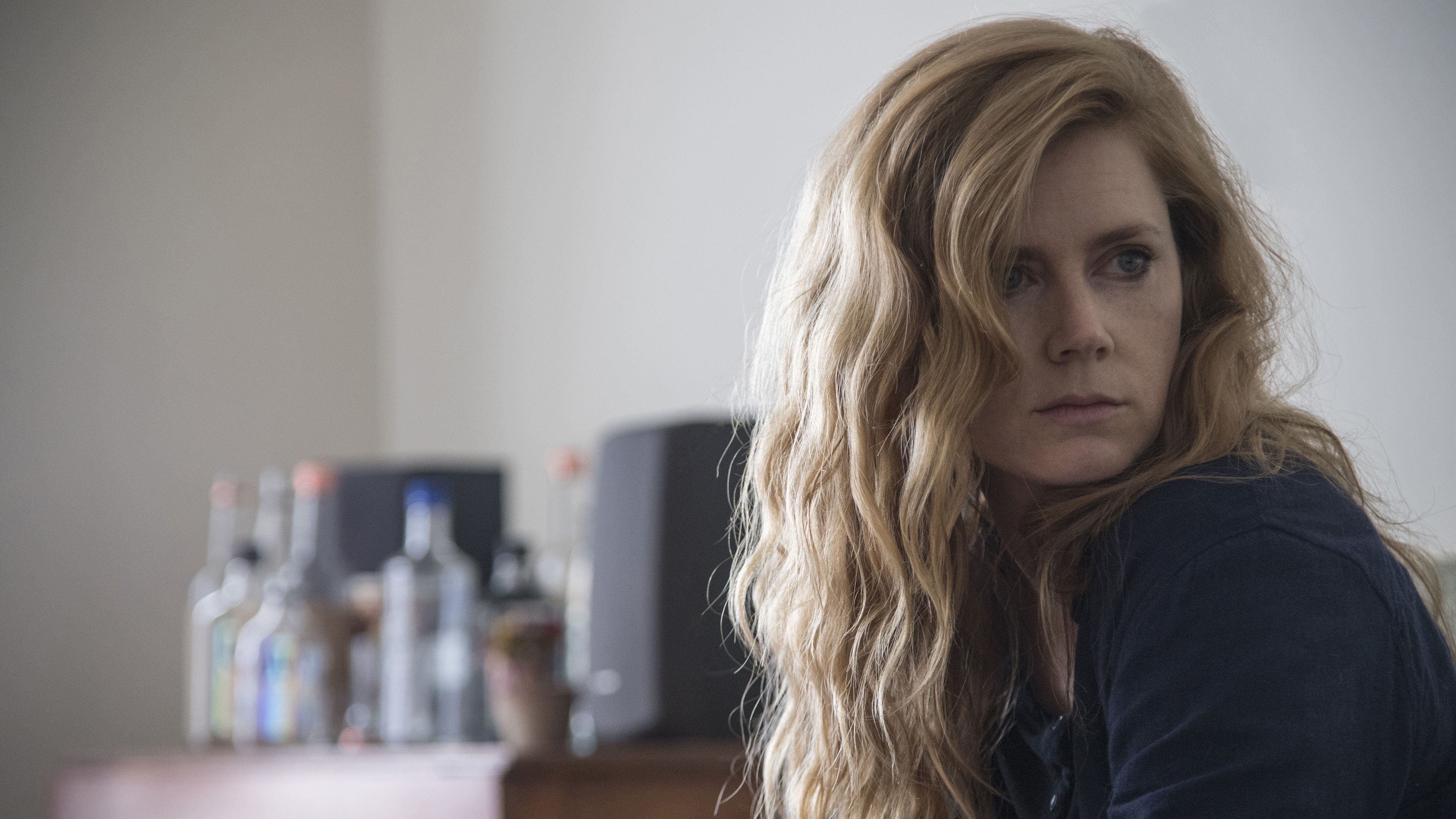
Cady has been a writer and editor in Brooklyn for about 10 years. While her earlier career focused primarily on culture and music, her stories—both those she edited and those she wrote—over the last few years have tended to focus on environmentalism, reproductive rights, and feminist issues. She primarily contributes as a freelancer journalist on these subjects while pursuing her degrees. She held staff positions working in both print and online media, at Rolling Stone and Newsweek, and continued this work as a senior editor, first at Glamour until 2018, and then at Marie Claire magazine. She received her Master's in Environmental Conservation Education at New York University in 2021, and is now working toward her JF and Environmental Law Certificate at Elisabeth Haub School of Law in White Plains.